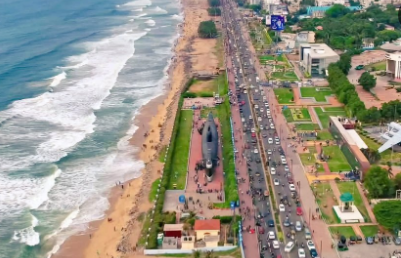
A recent analysis indicates that Andhra Pradesh is likely to experience a 20 cm sea-level rise by 2050—a stark warning of the intensifying impacts of global warming. This regional forecast aligns closely with global projections by the Intergovernmental Panel on Climate Change (IPCC), which estimate a 15–30 cm rise in sea levels globally by mid-century
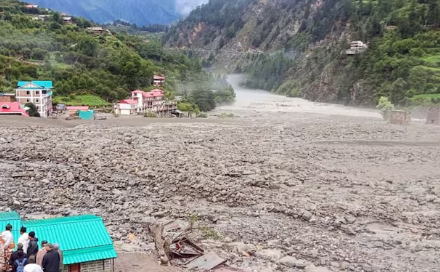
On August 5, 2025, the tranquil Himalayan village of Dharali in Uttarkashi was suddenly devastated by a flash flood, triggered by what was initially identified as a cloudburst. In just minutes, torrents of water, mud, and debris swept through the settlement, destroying hotels, homes, and even the local market, leaving at least five dead and up to 100 people missing.
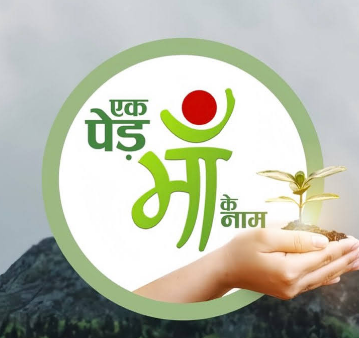
On June 5, 2025, on the occasion of World Environment Day, Prime Minister Narendra Modi inaugurated Ek Ped Maa Ke Naam 2.0, the second phase of his nationwide tree-planting campaign, by planting a banyan sapling at Mahavir Jayanti Park in New Delhi. This initiative aims to plant 10 crore trees between June 5 and September 30, 2025, blending environmental stewardship with a personal tribute inspired by motherhood.

Researchers at Flinders University in Australia have developed a clean, safe, and cost‑effective method to extract high‑purity gold from electronic waste and ore without toxic chemicals like mercury or cyanide.
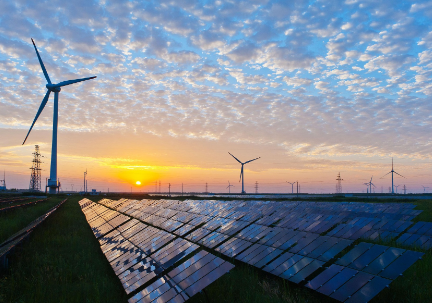
India’s renewable energy sector experienced a staggering 420% year-on-year jump in capacity additions during June 2025, rising from 1.4 GW in June 2024 to 7.3 GW added last month. This brings the country’s total renewable capacity—including solar, wind, biomass and small hydro—to 242.8 GW (excluding large hydro) as of end-June.

A rapid analysis by the World Weather Attribution group—led by researchers at Imperial College London and the London School of Hygiene & Tropical Medicine—reveals that the late June 2025 heatwave was far more deadly due to human‑driven climate change. Between 23 June and 2 July, an estimated 2,300 people died in 12 major European cities, with ~1,500 of those deaths—around 65%—directly linked to fossil fuel‑driven warming.
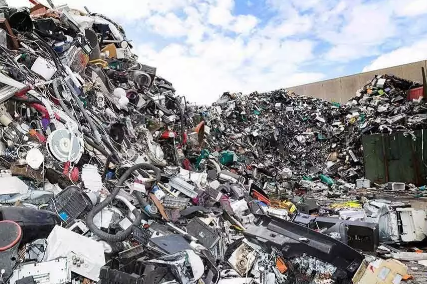
As rapid urbanization and IT sector growth drive rising electronic waste in Hyderabad, the city has launched a comprehensive set of initiatives to manage this environmental challenge. Several programmes, jointly led by government bodies and private partners, focus on educating citizens about the environmental and health hazards of improper e‑waste disposal. The initiatives aim to promote responsible disposal through certified recyclers and safe recycling standards.
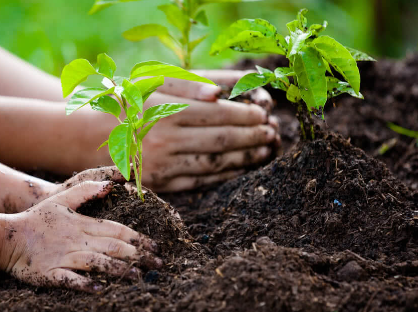
On July 9, 2025, Uttar Pradesh launched a monumental afforestation effort, planting 37 crore saplings in a single day—surpassing last year’s tally by 2 crore. Dubbed “Ek Ped Maa Ke Naam 2.0”, the drive blended ecological conservation with emotional resonance, urging citizens to dedicate trees to their mothers and share geo-tagged photos online.
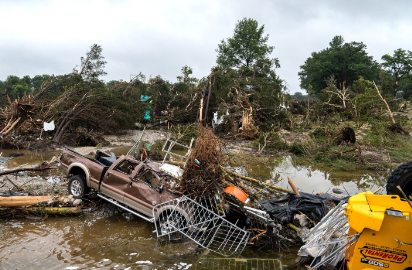
This summer, the U.S. is witnessing an alarming increase in flash flooding, driven by a warming atmosphere that holds more moisture, leading to heavier, more frequent storms. According to nonprofit Climate Central and CNN, the frequency and intensity of intense summer downpours across the U.S. have surged, with hourly rainfall rates increasing markedly.

On June 25, 2025, Himachal Pradesh’s Kangra and Kullu districts were struck by sudden cloudbursts, triggering devastating flash floods. In Kangra’s Khaniyara region, water surged through Manuni Khad, sweeping away workers from a nearby hydroelectric project. Two bodies were recovered, while about 15–20 laborers remain feared missing